 |
 |
 |
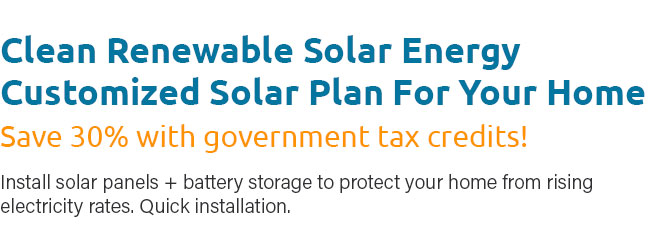 |
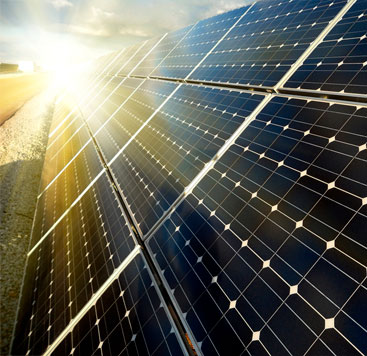 |
 |
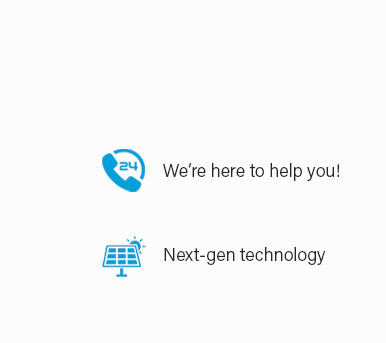 |
 |
 |
 |
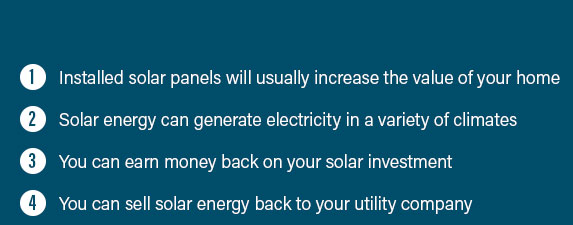 |
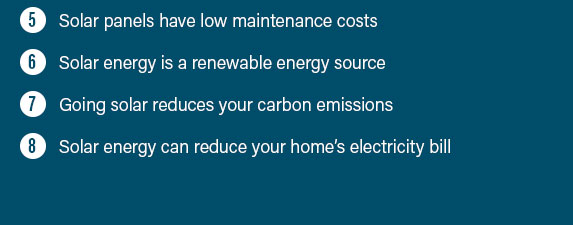 |
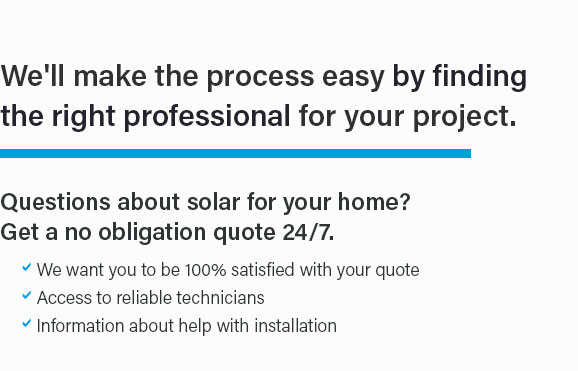 |
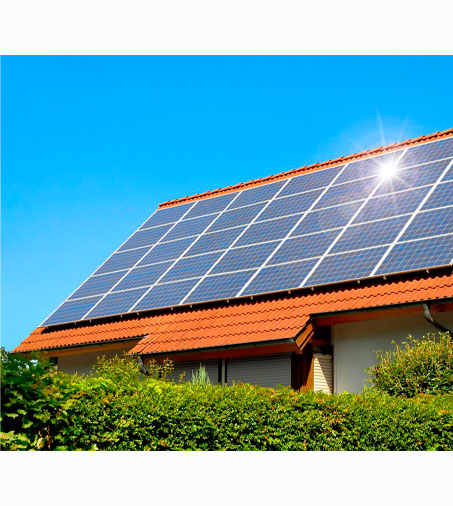 |
|
 |
 |
 |
Considering the Purchase of Home Solar Panels: A Comprehensive AnalysisIn recent years, the decision to invest in home solar panels has transitioned from a niche consideration to a mainstream deliberation. As we collectively strive towards more sustainable living, the allure of harnessing the sun's energy has never been more compelling. However, as with any significant home improvement, it is crucial to weigh both the benefits and potential drawbacks. Advantages of Home Solar Panels
Considerations and Challenges
Making the Decision Ultimately, the decision to purchase home solar panels should be based on a thorough analysis of one's personal circumstances and priorities. Environmental consciousness and financial savings remain at the forefront for many, but understanding the full scope of the investment is key. Consulting with professionals, researching local incentives, and assessing your home's specific needs will guide you towards an informed choice that aligns with both your environmental values and economic goals. In conclusion, while the prospect of going solar is undoubtedly appealing, it is not a one-size-fits-all solution. By carefully evaluating both the pros and cons, homeowners can decide if this sustainable path is right for them, paving the way for a future powered by clean, renewable energy. https://www.ecodirect.com/Solar-Panels-s/3.htm?srsltid=AfmBOooRaqY7Eg72X2k-wEHjQtXU9gJis33qi1hr-i7DAK6Wh4uwviJE
Solar Panel Selection Guide. Generate clean, renewable electricity for your home, business, marine vessel, or RV using solar panels from EcoDirect! https://a1solarstore.com/solar-panels.html?srsltid=AfmBOopFCTh8f8QsIr3N_DpFtt7mNdn5gSavjn4T9hUSmDjZVrkcXall
Homeowners also buy solar panel of this type for their home installations. Polycrystalline Panels. The main advantage of polycrystalline solar panels is ... https://unboundsolar.com/shop/solar-panels?srsltid=AfmBOop6A2Djg38KcfRHSvl3RQXNpqDbYUB0KoXj5lk2s8FUhxR7H1NU
We offer solar panels for sale for homes and businesses. When you buy solar panels, you save money and help save the planet. Browse our solar cells for ...
|